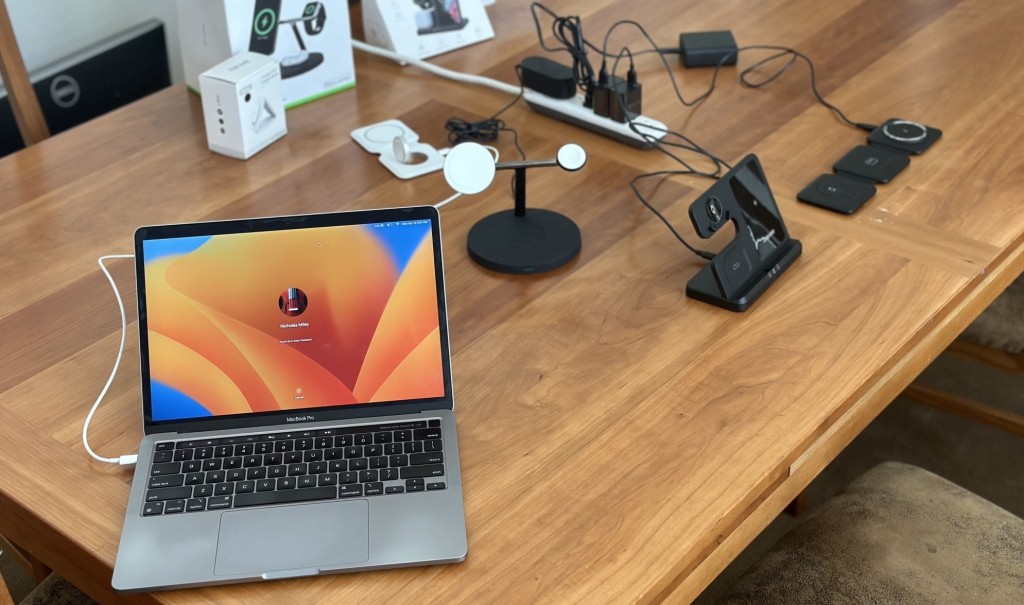Proprietary trading firms, or “prop firms,” offer traders the opportunity to trade using the firm’s capital rather than their own. In exchange, traders typically share a portion of the profits with the firm. For aspiring and seasoned traders alike, joining the right prop firm can provide access to larger capital, professional tools, and a supportive trading environment. However, not all firms are created equal. Choosing the right one requires careful evaluation based on your goals, risk appetite, trading style, and the firm’s structure.
Before committing to any firm, it’s essential to understand what the Best Prop Firm looks like in practice. A reputable firm offers transparent rules, fair profit splits, responsive support, and realistic trading conditions. Whether you are focused on day trading, swing trading, or algorithmic strategies, your ideal prop firm should align with both your trading experience and financial objectives.
Understand the Evaluation Process
Most prop firms require traders to complete an evaluation or challenge phase before getting funded. This phase tests your ability to manage risk, maintain profitability, and follow trading rules. It’s crucial to choose a firm with an evaluation process that suits your trading style. For example, some firms offer one-step or two-step challenges, each with different drawdown limits, profit targets, and time constraints.
Read the fine print carefully. Understand the rules about trading during news events, holding trades over weekends, or using expert advisors (EAs). A firm that penalizes small mistakes or has overly strict conditions may not be ideal for traders who prefer flexibility.
Consider Capital and Scaling Opportunities
One of the main advantages of joining a prop firm is access to capital. Look for a firm that offers sufficient funding levels to meet your goals. Some firms start traders with as little as $10,000, while others offer initial funding up to $200,000 or more. In addition, many firms provide scaling plans, allowing consistent traders to grow their accounts over time.
Think about your long-term vision. If you aim to become a full-time trader, choose a firm that supports growth and rewards consistent performance with increased buying power and higher payouts.
Evaluate Profit Sharing and Payout Terms
Profit splits vary widely between prop firms. While many offer 70% to 90% of profits to the trader, some also deduct platform fees, commissions, or maintenance costs. Be sure to ask about how and when you’ll be paid. Do they offer bi-weekly or monthly payouts? What’s the minimum withdrawal amount?
A higher profit split sounds attractive, but it should be balanced with realistic trading rules and strong support systems. Sometimes, a firm with a slightly lower split but better tools and education is more beneficial in the long run.
Look at Trading Platforms and Tools
Your trading experience depends heavily on the platform and tools provided. A reputable firm will give you access to popular platforms like MetaTader 5, known for its robust charting tools, custom indicators, and automated trading features. MT5 also supports multi-asset trading, making it ideal for traders who work with forex, indices, commodities, and crypto.
Additionally, a good prop firm should offer real-time data, a secure trading environment, and reliable execution speeds. Be cautious of firms that rely on outdated software or have limited asset offerings.
Check the Support and Education Provided
Support is critical, especially for new or intermediate traders. The right firm should offer responsive customer service, training resources, and perhaps even mentorship programs. Whether it’s answering questions about your account or helping you understand a trading rule, timely and knowledgeable support can make a significant difference in your journey.
Also, consider whether the firm provides market insights, webinars, or performance analytics. These tools can help you improve your skills and adapt your strategy over time.
Reputation and Community Feedback
Before making your final decision, research the firm’s reputation. Look for online reviews, social media feedback, and discussions in trading forums. A strong community presence and positive testimonials can provide insight into the firm’s credibility and trader satisfaction.
Also, be wary of firms that make unrealistic promises, such as guaranteed profits or no-risk trading. A genuine prop firm will be transparent about the challenges and opportunities of funded trading.
Final Thoughts
Choosing the right proprietary trading firm is a strategic decision that should align with your personal trading goals and style. From understanding the evaluation process and payout structure to considering the trading platform and community support, every factor plays a role in your success. Take your time, do your research, and prioritize firms that value transparency, education, and trader growth. With the right firm behind you, you can focus on what matters most—trading with confidence and consistency.



